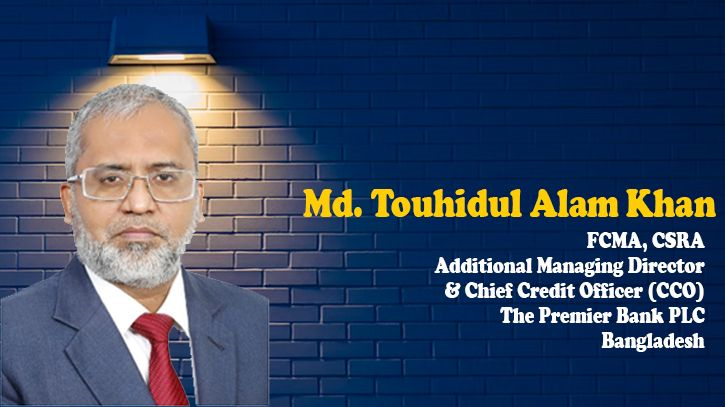
Photo: Messenger
In our ever-connected global economy, the world of finance plays a pivotal role in shaping our lives. It's not just about transactions and profits; it's also about the values and principles that guide us. One attractive chapter in the evolving story of finance is the rise of cross-border Islamic finance. This innovative approach is transforming the way we do business internationally, championing values and inclusivity while making a positive impact on countless lives.
Cross-border Islamic Finance: A Confluence of Values and Dreams
Cross-border Islamic finance stands out as a tale of values and dreams. It's the integration of Islamic finance principles into the global business landscape, promoting fairness, ethical conduct, and risk-sharing. These principles transcend borders, creating bridges between cultures and fostering financial harmony.
The role of Sukuk in cross-border finance Sukuk, also known as Islamic bonds, play a central role in cross-border Islamic finance. They provide a means for individuals and businesses to access financing that aligns with their values and ethical principles.
Fostering economic growth and stability Beyond individual stories, cross-border Islamic finance contributes to economic growth and stability. Cross-border Islamic finance steps in, providing funds for sustainable agriculture, thereby improving livelihoods and contributing to economic stability in communities.
Financial inclusion and social responsibility One of the most noteworthy aspects of cross-border Islamic finance is its unwavering commitment to financial inclusion. It seeks to provide opportunities for people from diverse backgrounds, regardless of their origins, to participate in the global financial system.
Cases of cross-border Islamic Finance Several remarkable cases illustrate the impact of cross-border Islamic finance: UK's Landmark Sovereign Sukuk: In 2014, the UK issued its first sovereign Sukuk, marking a significant step in integrating Islamic finance into the global financial landscape.
The IsDB's Transformative Role: The Islamic Development Bank (IsDB) has been instrumental in driving cross-border Islamic projects, providing funding and expertise to nations worldwide.
Challenges and future prospects Despite the promise of cross-border Islamic finance, it faces challenges such as harmonising Shariah principles with international regulations, ensuring consistent tax treatments, raising awareness, and promoting innovation. These challenges are part of the journey, met with dedication and enthusiasm.
Regulatory framework: Integrating Islamic finance with international regulations is complex. Ensuring effective and transparent operations across diverse jurisdictions requires careful consideration.
Tax treatments: Uniform tax treatment is vital for cross-border Islamic finance's growth. Divergent tax regimes in various countries can hinder the seamless flow of capital and investments. Standardisation and clarity are key to overcoming these obstacles.
Awareness and education: The full potential of cross-border Islamic finance is yet to be realized. Educating investors, businesses, and the public about the benefits of ethical finance is essential.
Innovation and standardisation: The financial landscape is constantly evolving. Cross-border Islamic finance must develop innovative financial products and services that adhere to Islamic finance principles. Standardisation will provide consistency and trust for investors and businesses operating across borders.
Conclusion
Cross-border Islamic finance is a testament to the power of values and unity in building a better world. It represents a pathway towards a more equitable and sustainable financial future for all. It's not just about making money; it's about making a difference. By embracing Islamic finance principles and fostering cross-border collaborations, nations and businesses can unlock new opportunities, stimulate economic growth, and promote a more just and equitable global financial system.
The writer is the additional managing director and chief credit officer of The Premier Bank PLC. He is a fellow member of the Institute of Cost and Management Accountants of Bangladesh (ICMAB) and the first Certified Sustainability Reporting Assurer (CSRA) in Bangladesh. [email protected]
Messenger/Sajib








